Here's why you should pack a drone on your next vacation
There's nothing quite like aerial remembrance
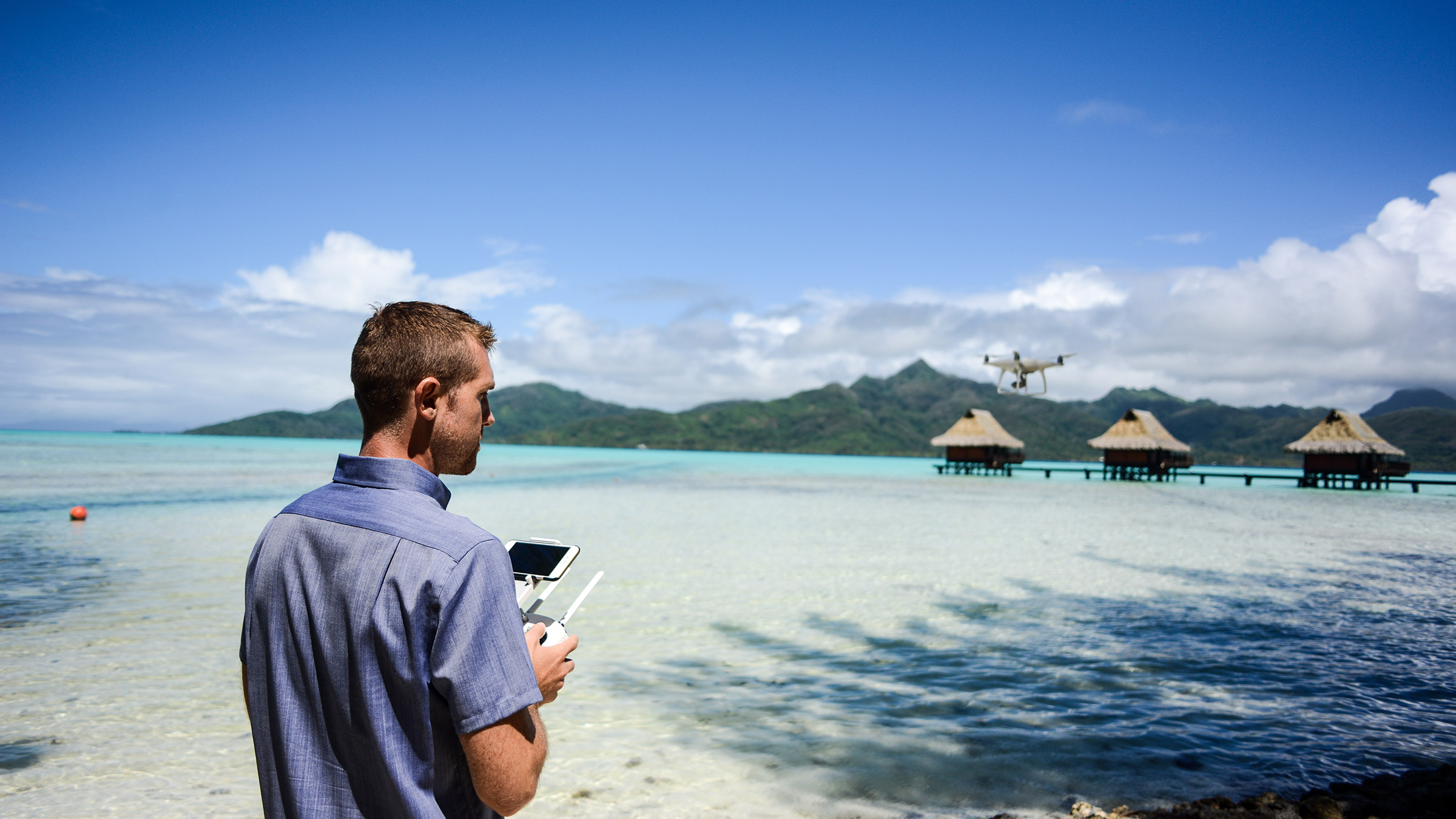
Sign up for breaking news, reviews, opinion, top tech deals, and more.
You are now subscribed
Your newsletter sign-up was successful
Shoes? Check. Sunscreen? Check. Drone? (You should really get on that one.)
A few years ago, the thought of bringing an unmanned flying vehicle along on holiday would've been laughable. It would've been too expensive, too bulky, and too impractical. So, you hobble along with a smartphone and capture what you can, with most of the magic being relegated to the corners of your brain.
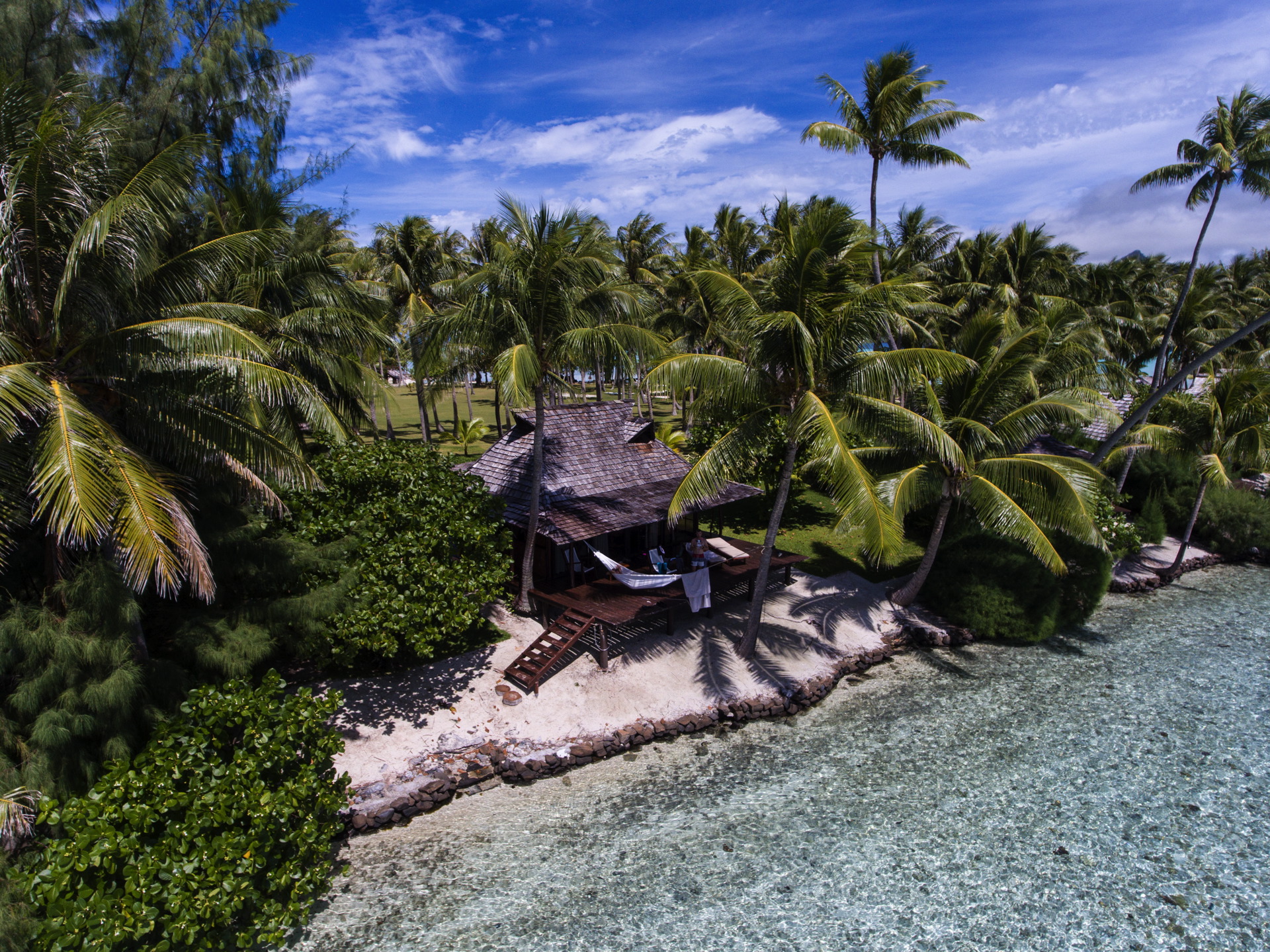
Today, things are radically different, and we spent the summer including a Parrot BeBop 2 alongside our socks, USB cables, and reading material. What we discovered is an entirely new, and entirely amazing, way to capture the times you'll never want to forget.
Packing a drone
If you want a drone that you can easily include in your carry-on bag, take a hard look at Parrot's $550 (£450/AU$725) BeBop 2. Though you'll increase its range by purchasing the optional (and truly massive) Skycontroller, minimalists will appreciate the BeBop 2's ability to be fully controlled via one's smartphone. That's a huge component of packing light.
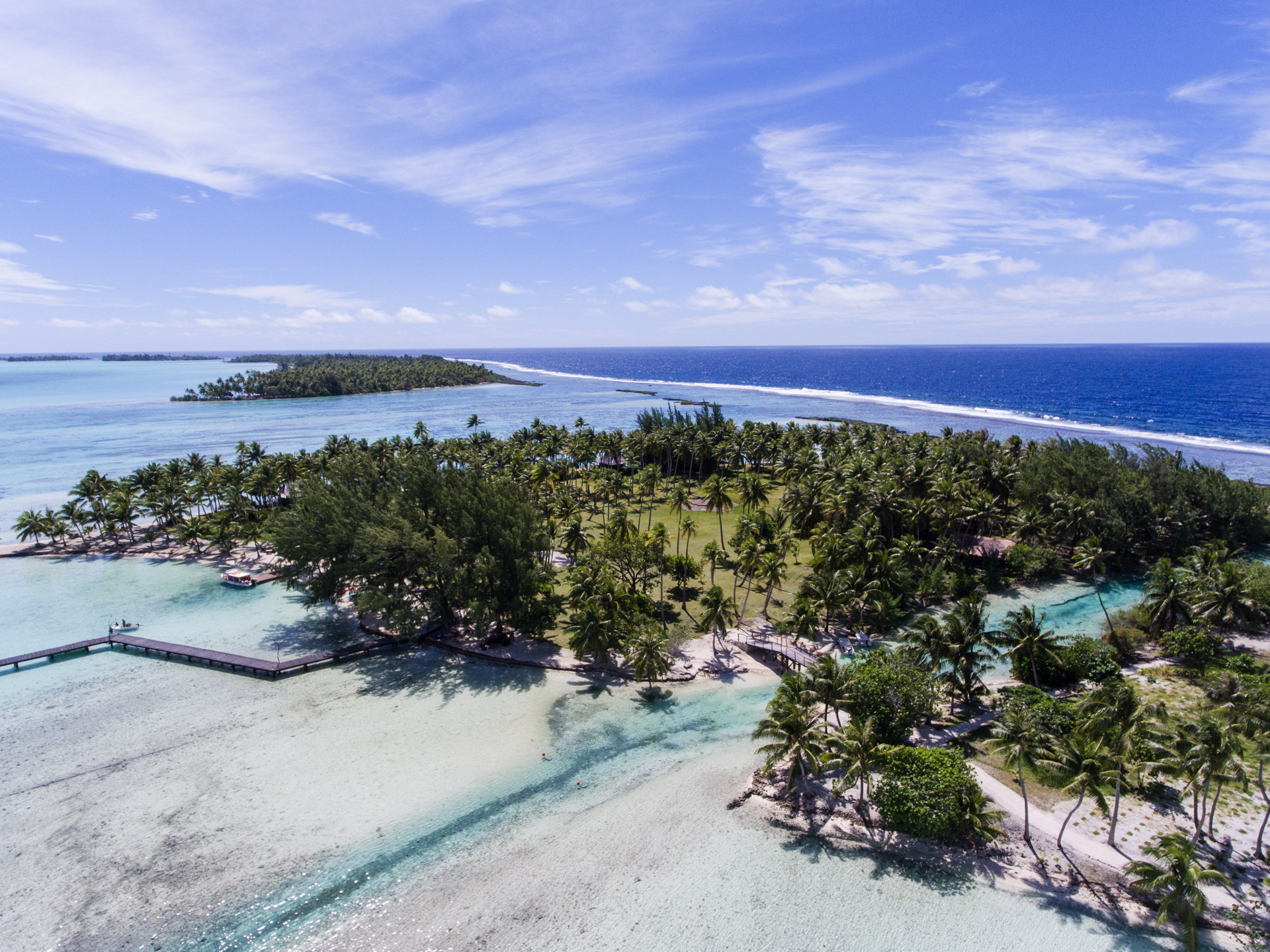
With its four blades off and battery installed, the BeBop 2 fits perfectly into a standard A4 size Amazon box (yeah, seriously!). Not only is that cheap, it's recycling at its finest. It also provides a safety barrier between your drone and your underwear.
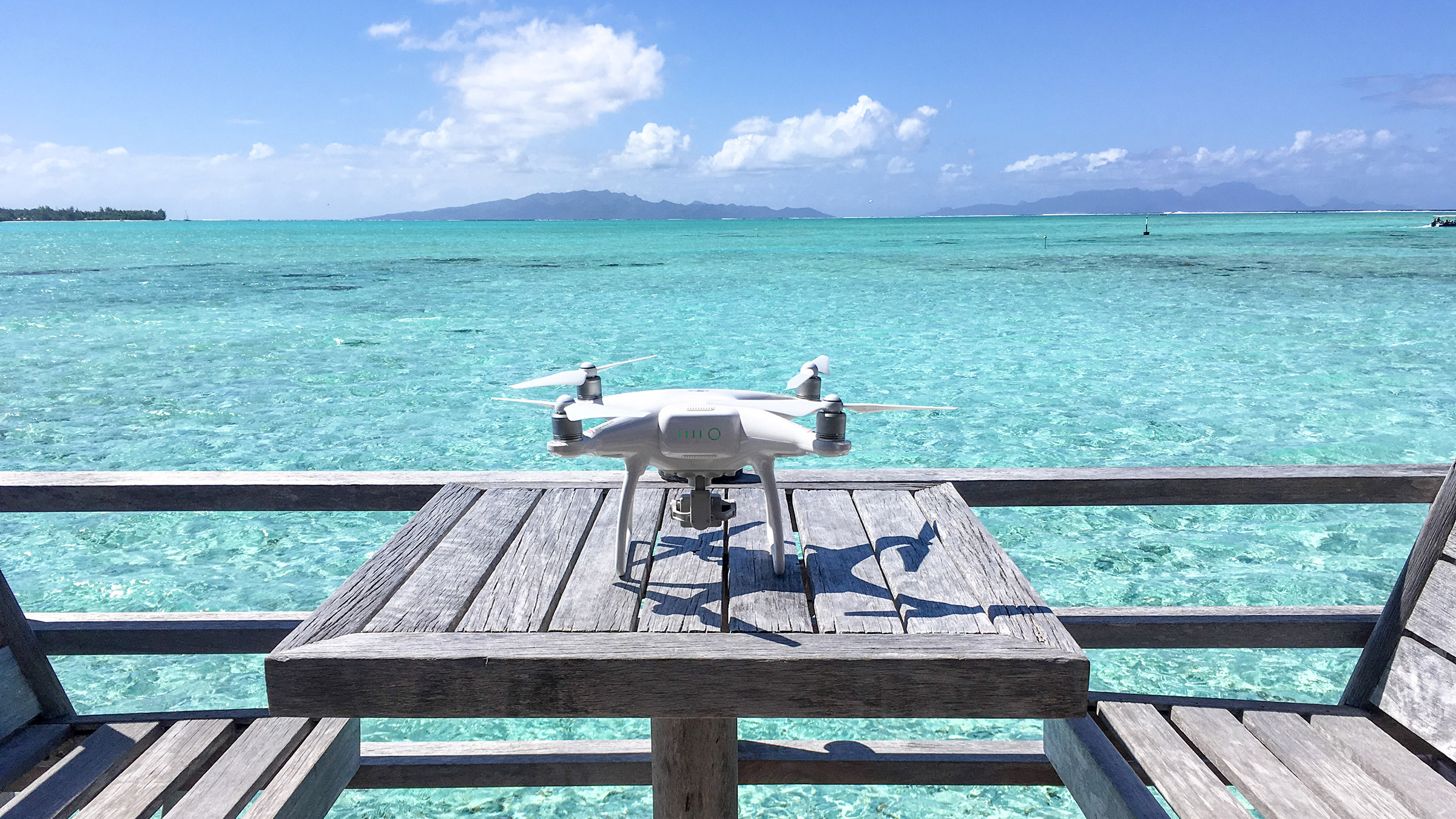
If you're cool checking a bag, and you're longing for 4K captures, the DJI Phantom 4 ($1069/£873/AU$1405) is pretty much peerless. Yeah, it's pricey, but it includes a lightweight styrofoam packing cube with the proper cutouts for the remote, blades, and room for an extra battery and charger.
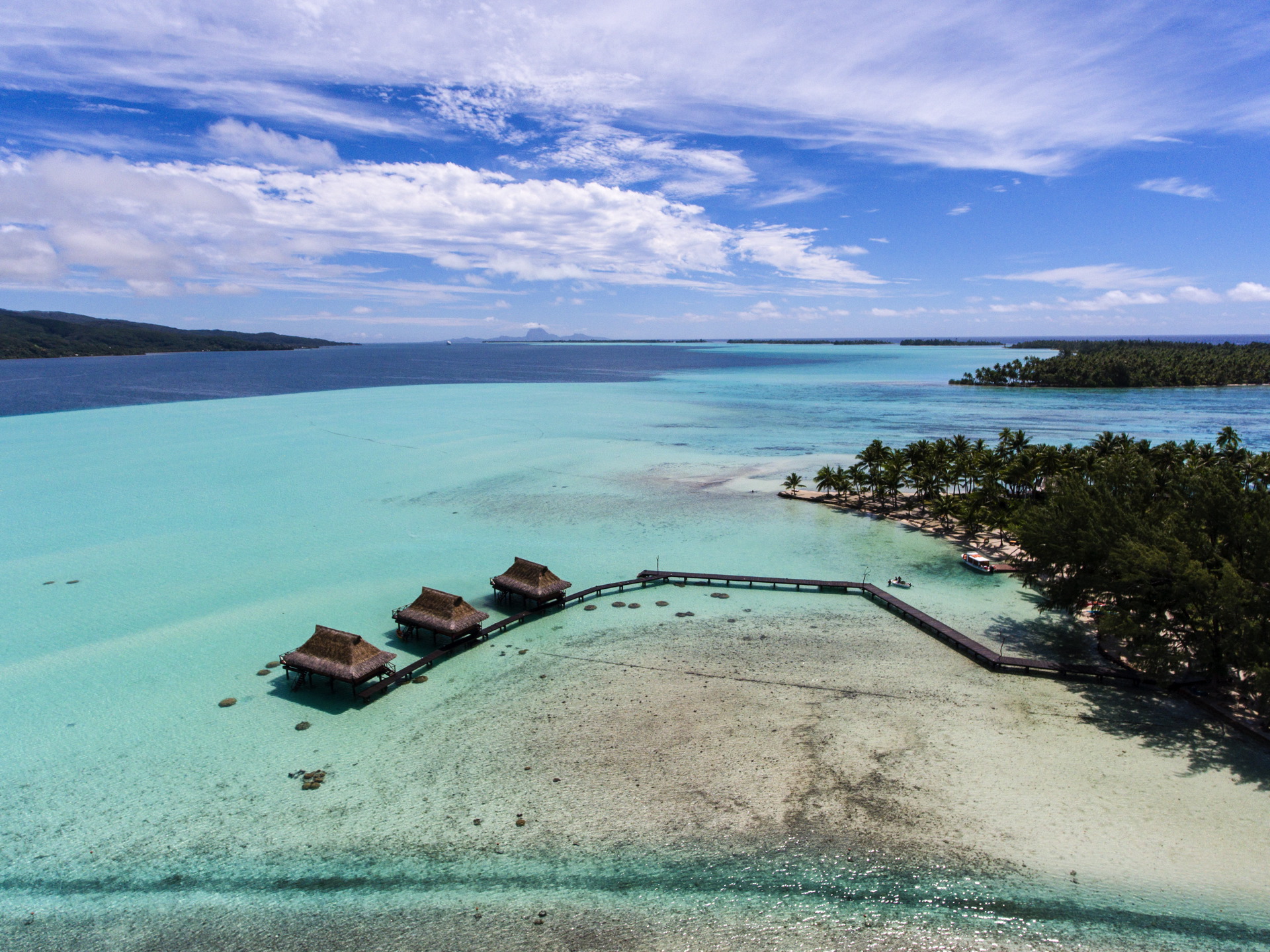
We didn't have to pack any other protection around our Phantom 4; we just plopped it in a large suitcase, used the remaining space for clothes and sunscreen, and proceeded to ship it some 7,000 miles across six time zones. It arrived safe and sound.
Sign up for breaking news, reviews, opinion, top tech deals, and more.
When and where
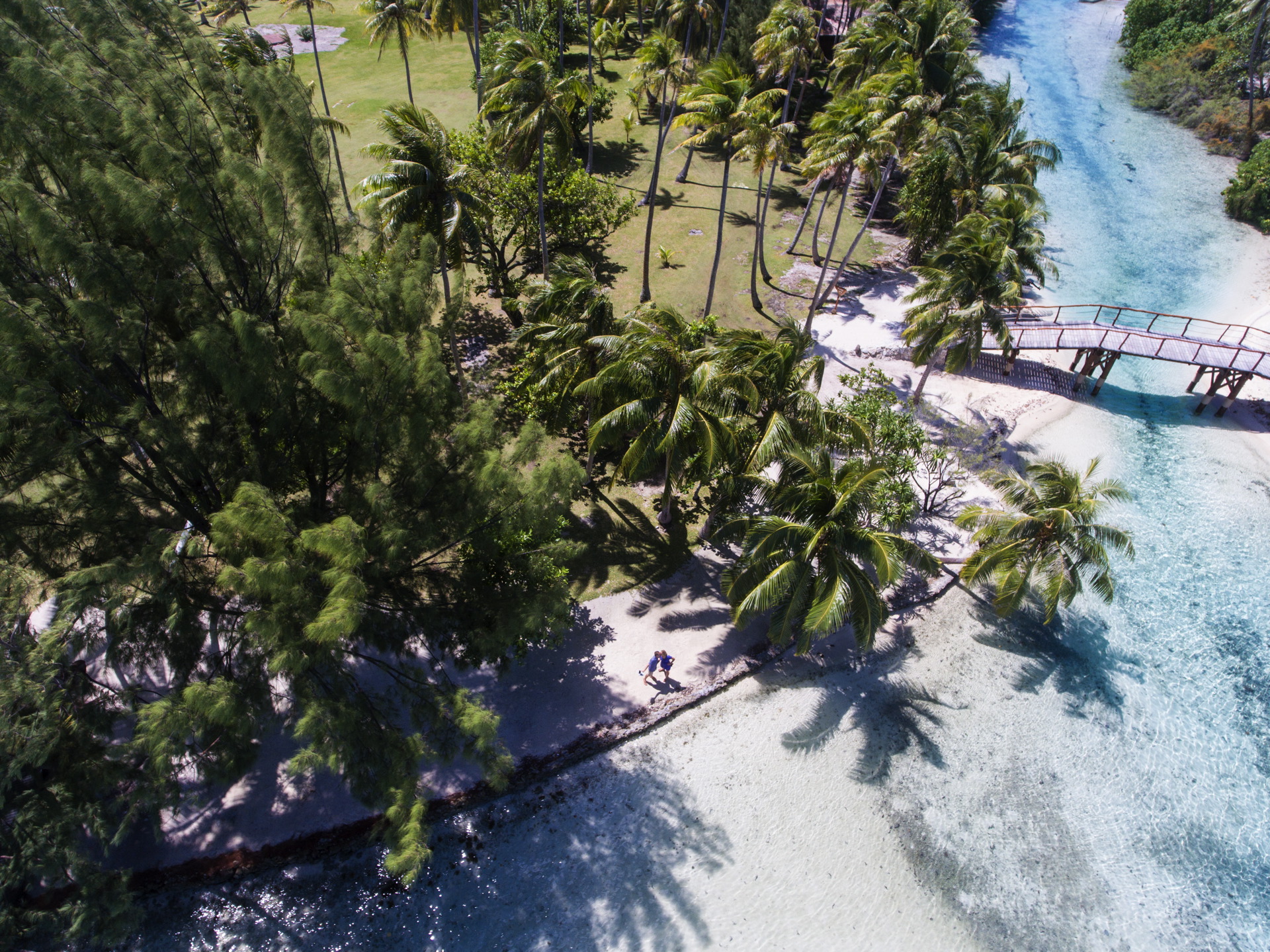
As our mothers always said, there's a time and place for everything. Predictably, that also applies to drones, which weren't even a thing when mothers began saying that. At any rate, it's worth considering where you're at on vacation before you launch a flying camera into the sky. For instance, drones are banned across US National Parks -- that's a shame considering the mind-blowing scenery, but it makes sense from an ecological standpoint.
Drones are typically banned in highly dense places as well, such as central business districts and over large sporting stadiums.
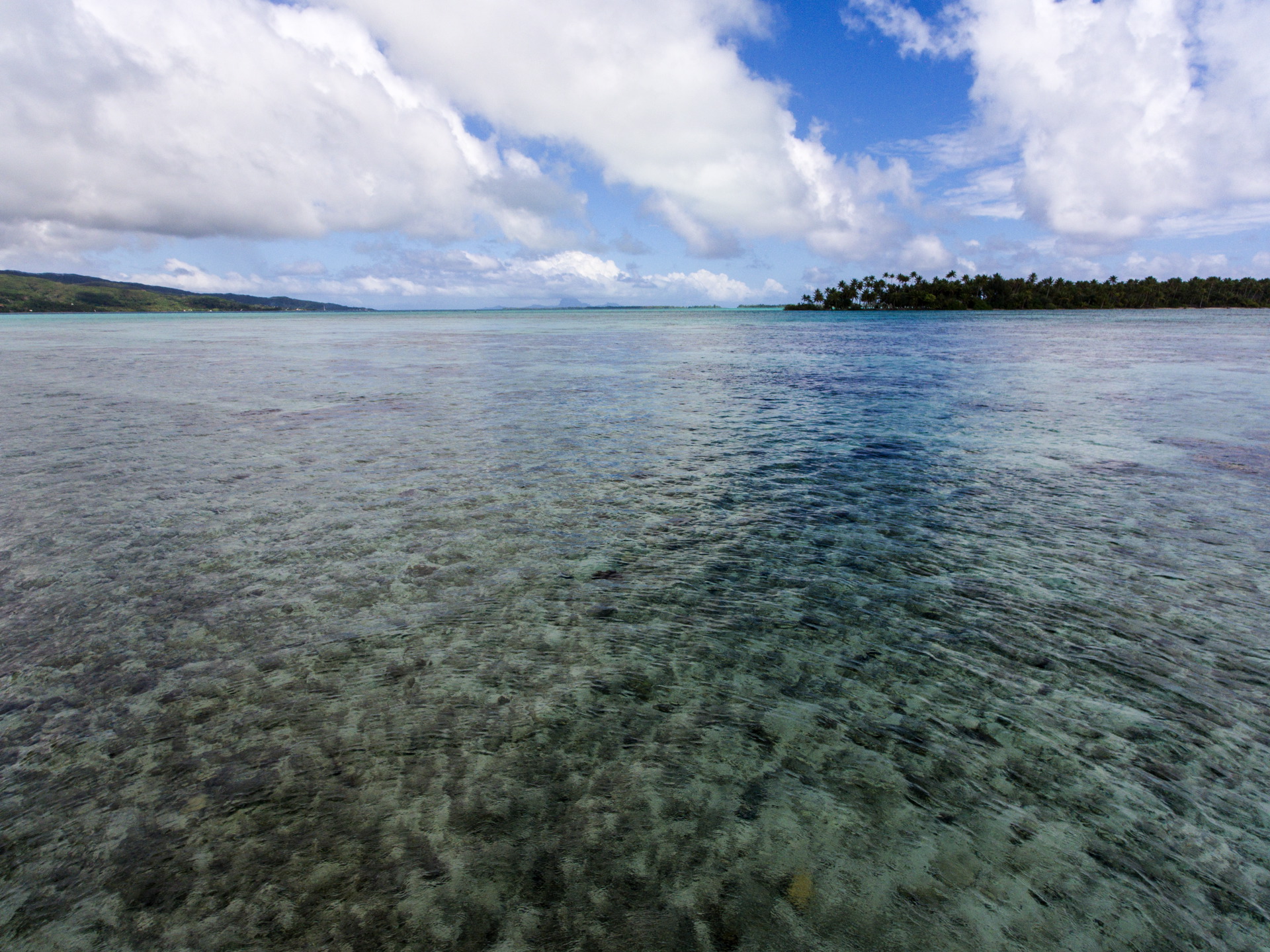
If you're on an island paradise, there probably won't be any official rules about flying a drone, but be mindful of your fellow vacationers. It's cool to film your own back porch, but be sure to respect the privacy of your neighbors.
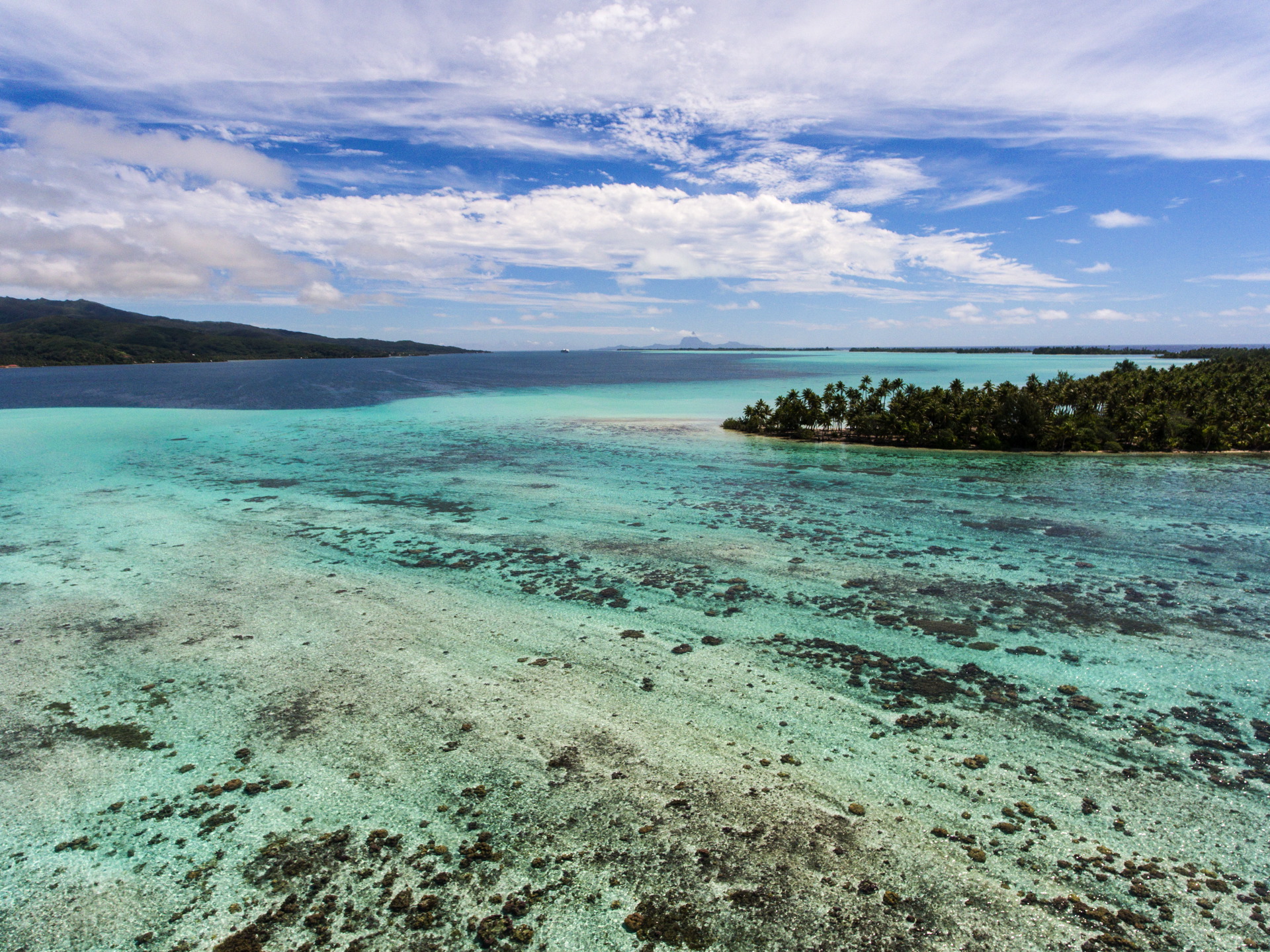
In short, it's worth it to "Know Before You Go." Do a little research about the places you're going ahead of time, and make sure it's kosher to film via drone. These buggers make a lot of noise when flying, and the default human reaction is one of fear and discomfort. You know, Skynet and all.
A drone's worst nightmare
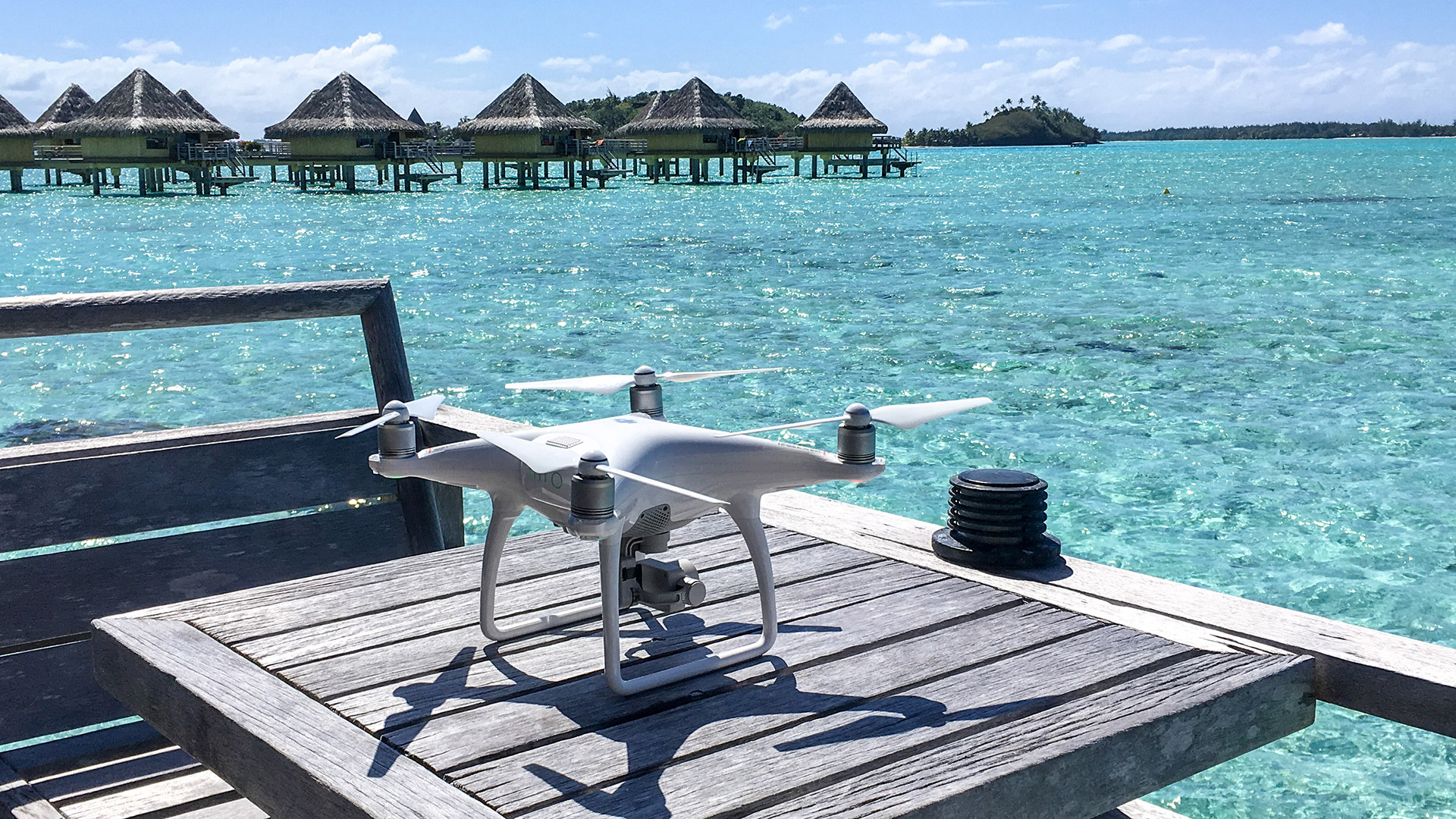
Most consumer drones are engineered to fly in truly absurd winds. What they aren't designed to do, however, is lift off in those very same winds. Be exceedingly cautious whenever you launch a drone from the ground if the wind is kicking or gusting.
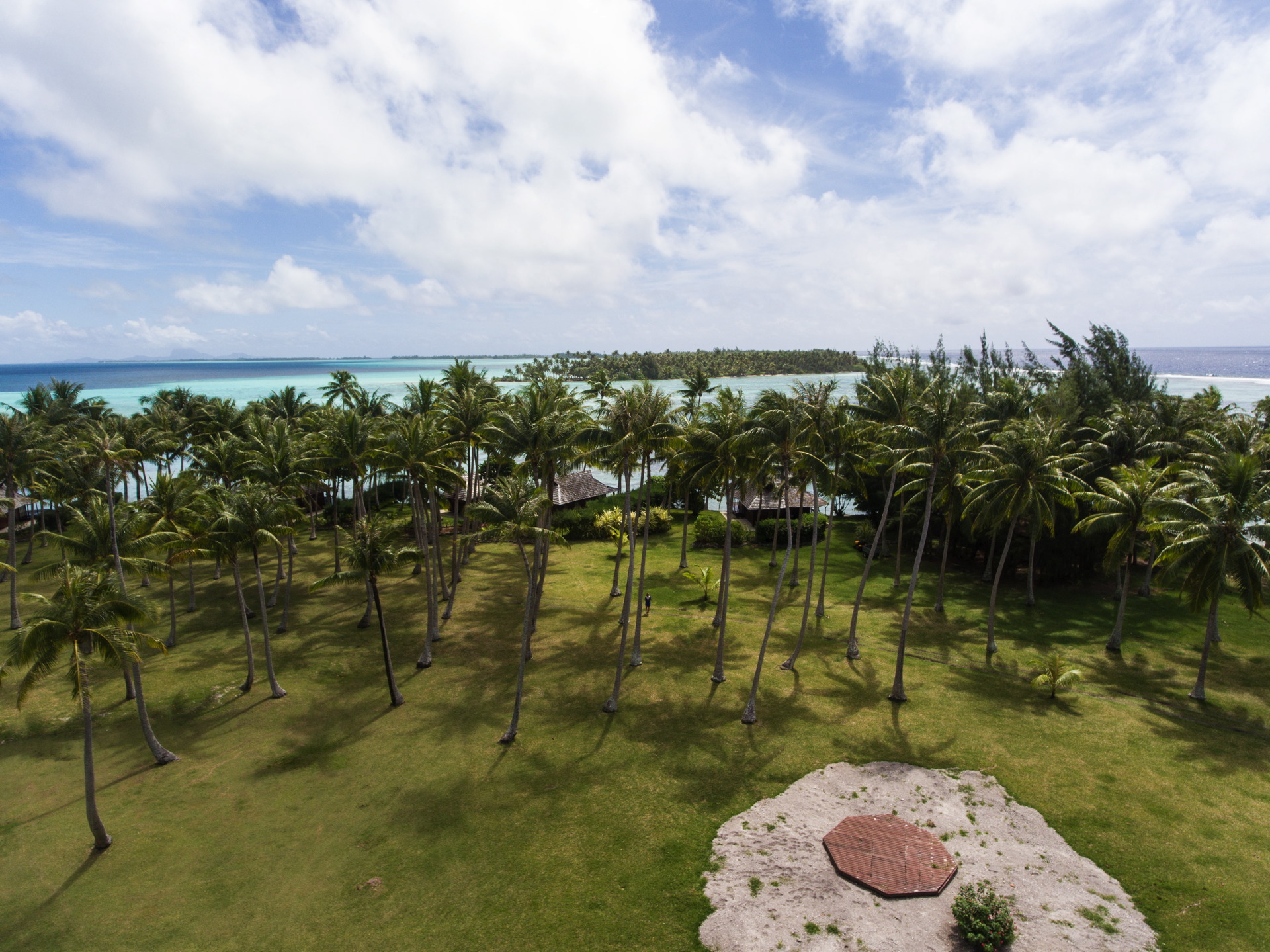
Drones are completely out of your control for the first few seconds after launch, and if the wind is roaring, your device could be blown into an object before you're able to take over.

As a general rule, make sure you have more ground space than you think necessary before you launch, particularly if there's any wind in the area. If you're launching a drone in a tight space, such as in a wooded area, do so only with calm winds and extreme caution.
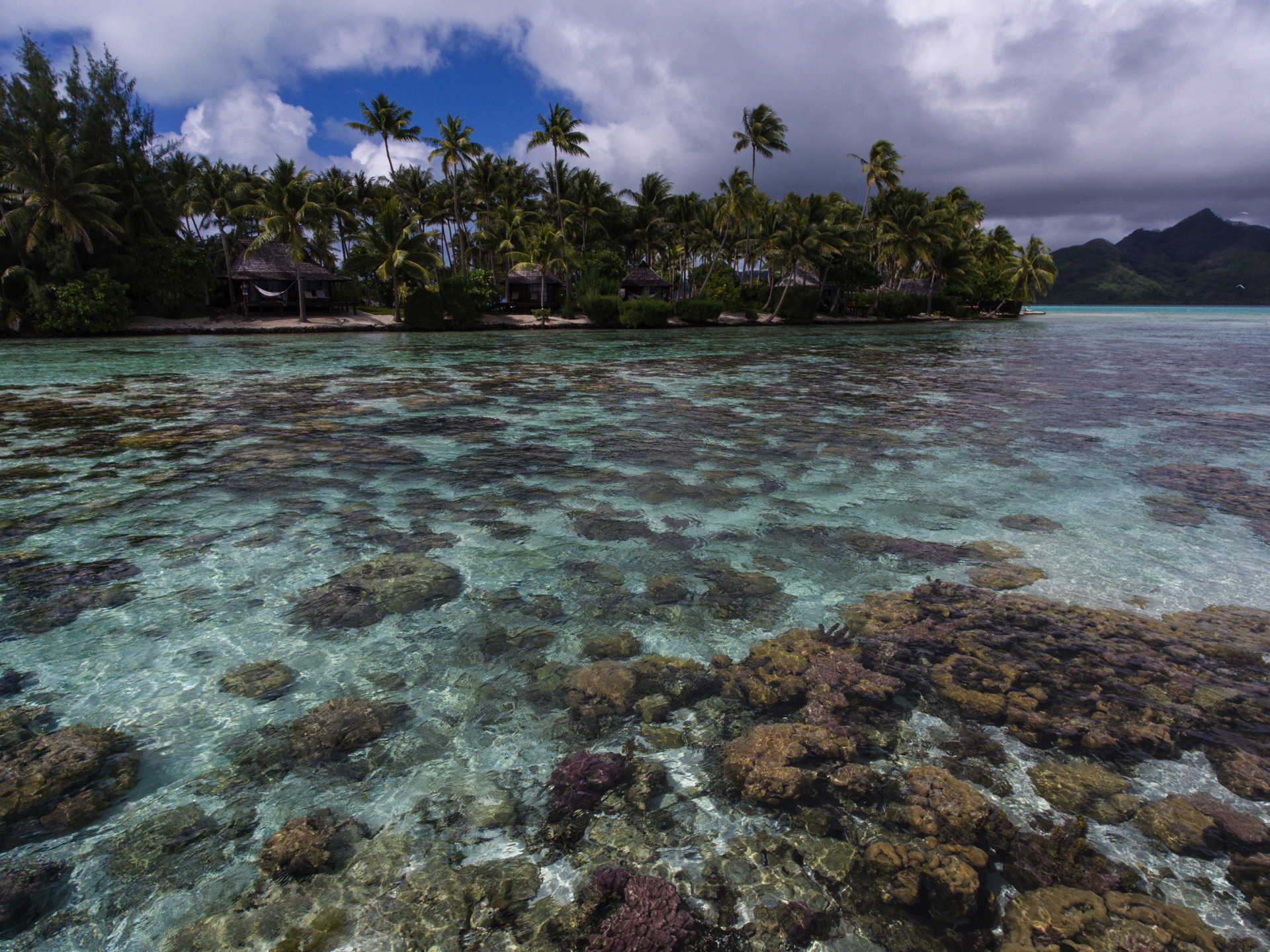
Keep an eye on changing weather conditions, too. Even if things are rosy at launch, a looming rain cloud could make the process of landing your drone a lot more difficult.
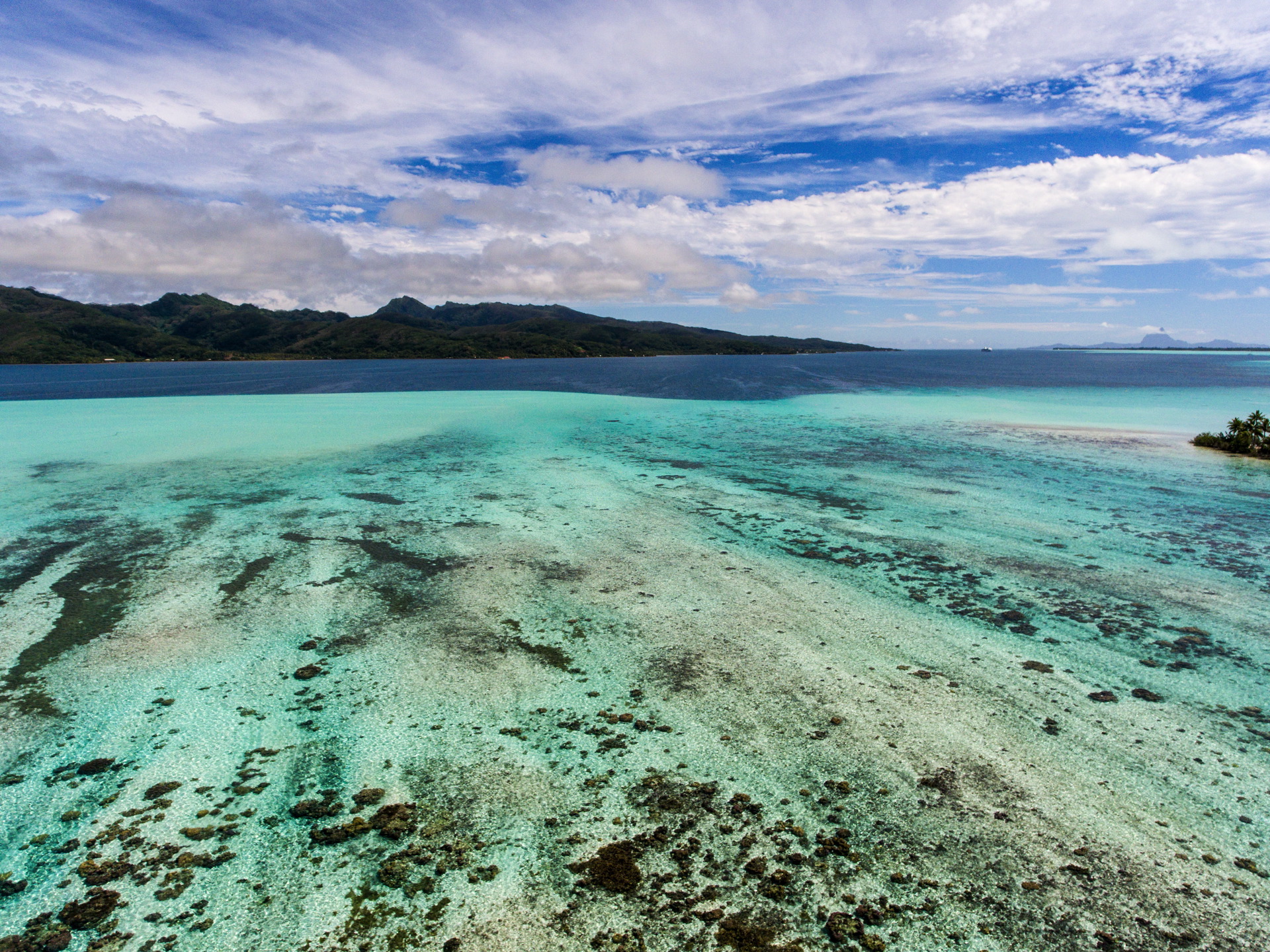
To give you a (truly unfortunate) idea of what wind can do, we witnessed a Phantom 4 plop directly into the ocean after being hit by a wind gust shortly after liftoff. Even with a 12' x 12' pad, it wasn't enough space to avoid calamity when wind entered the equation.
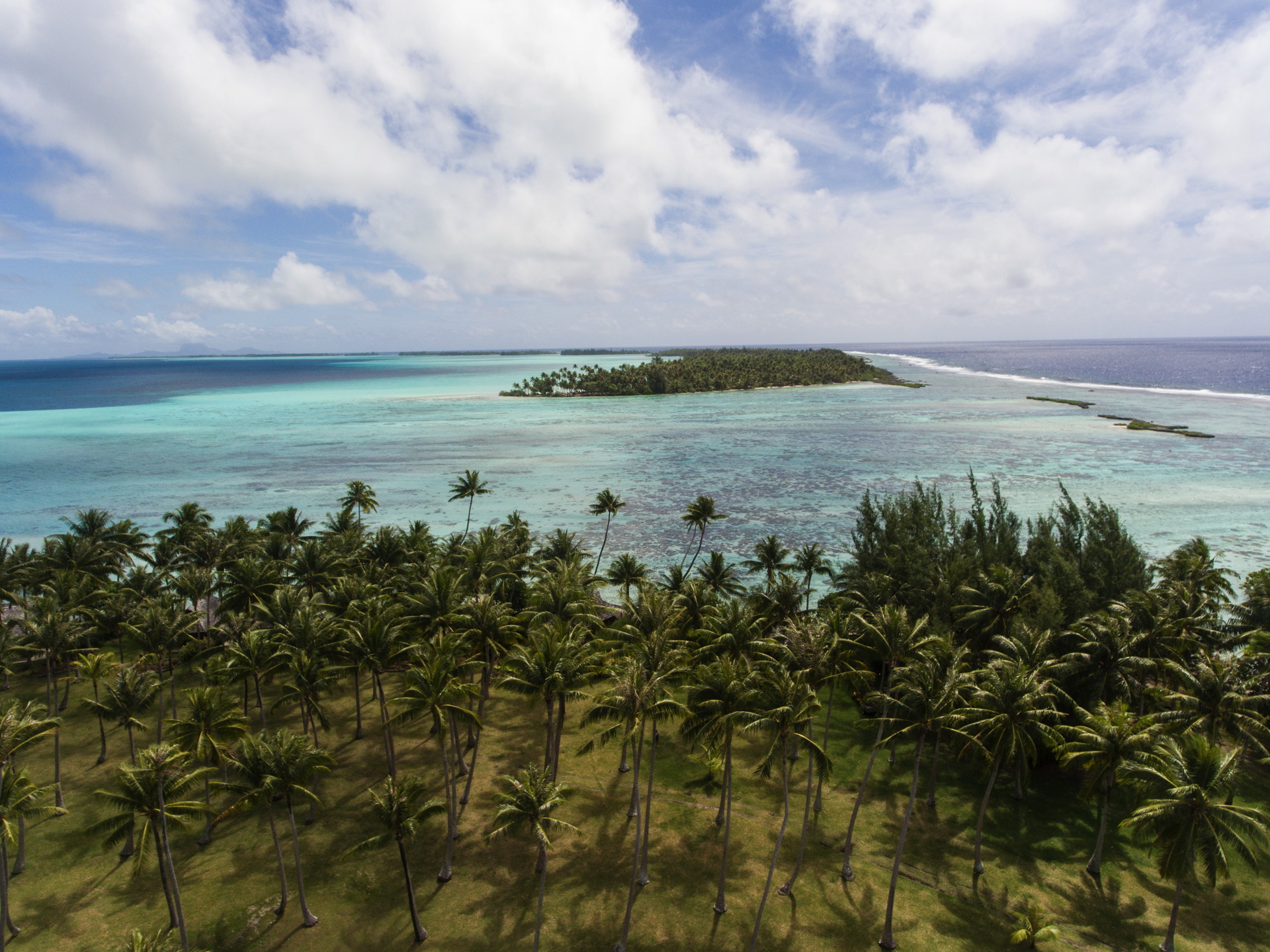
Free video montage
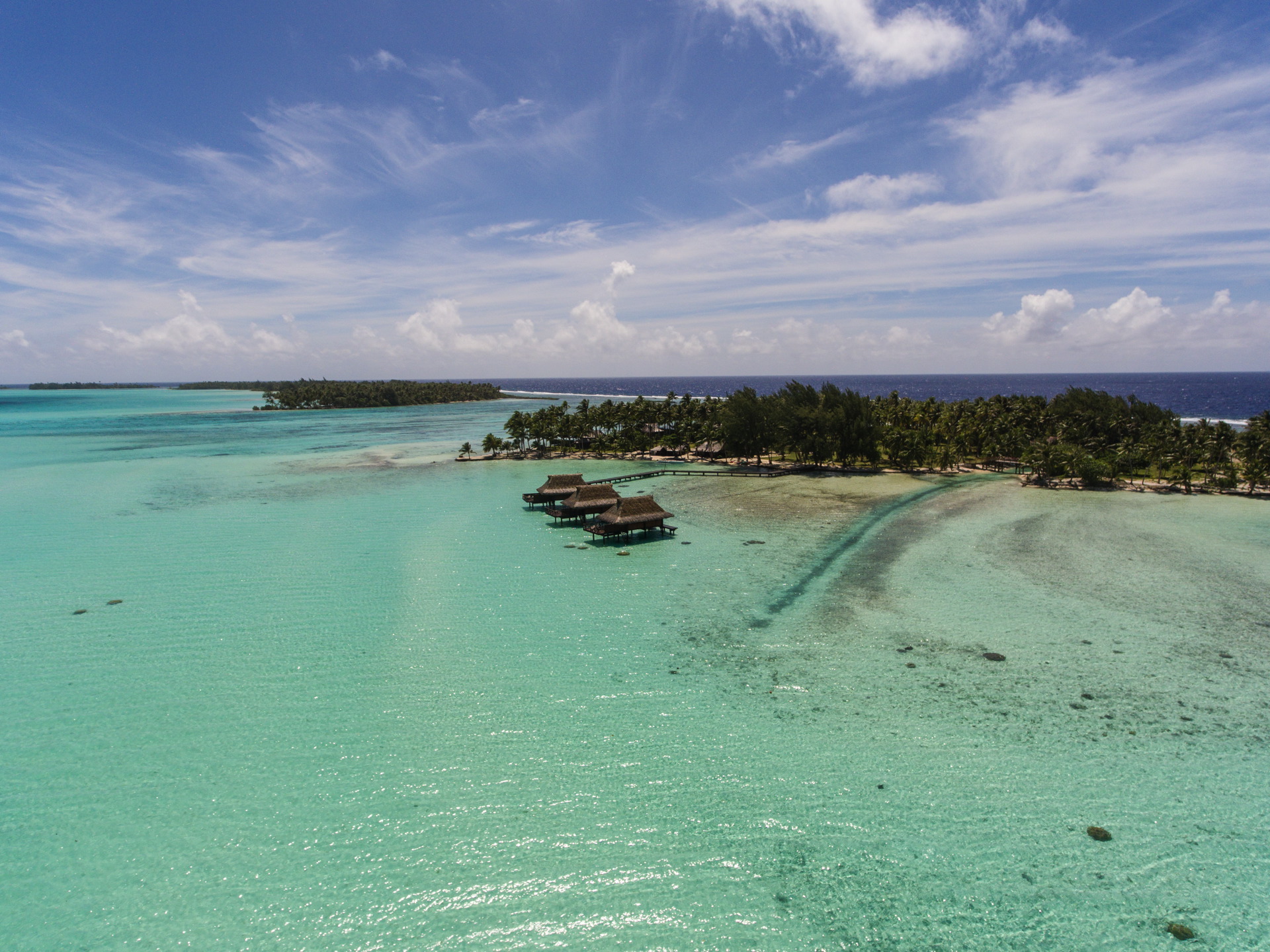
Lastly, we'll leave you with a tip on actually creating something with all of the footage you're bound to capture. If you save your files to Google Drive, and you have Google Photos active, it should automatically compile pictures and videos from the same location. The resulting montages aren't as good as those created by designers, but they may well do the trick for ya -- and best of all, it's free.
